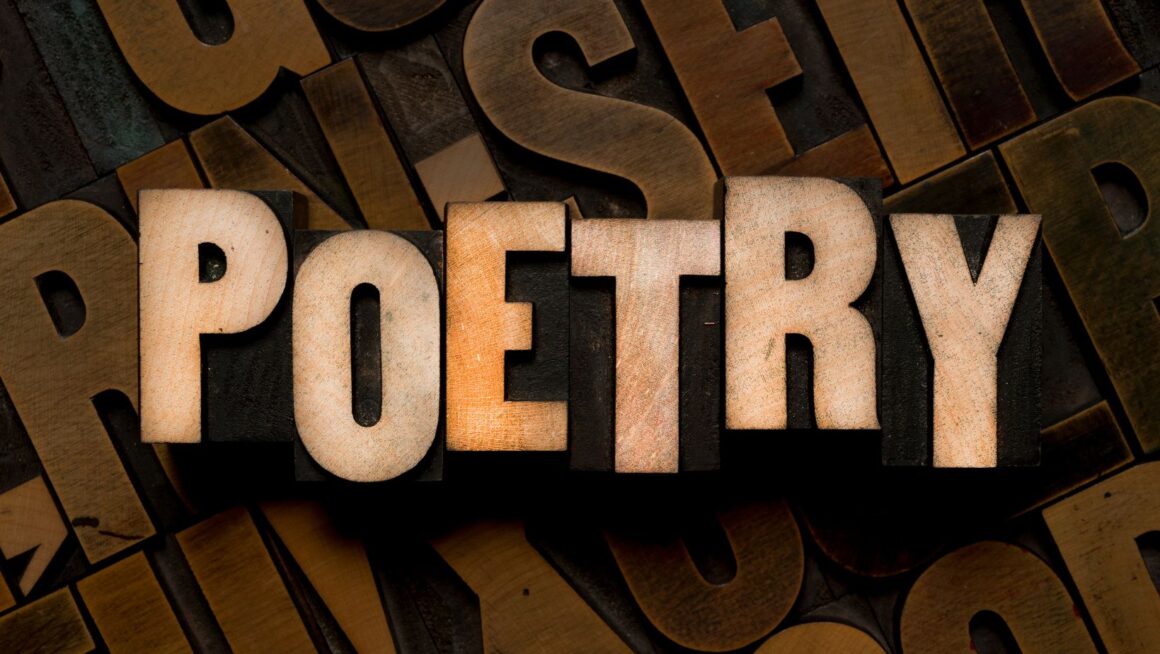Diving into the world of poetry, you’ll find a treasure trove of poetic devices. They’re the tools that give poetry its depth, its rhythm, its imagery, and its emotional punch. In this article, I’ll be comparing poetic devices used in poetry, shedding light on their unique qualities and how they contribute to a poem’s overall effect.
Whether you’re a budding poet or an avid poetry reader, understanding these devices can enhance your appreciation of the art. We’ll explore metaphors, similes, alliteration, and more, revealing how poets wield these tools to create their masterpieces. So, let’s dive in and unravel the magic of poetry together.
Comparing Poetry Poetic Devices
Let’s delve deeper into the remarkable world of metaphors. Surprisingly powerful, these poetic devices can truly transform our perceptions. Metaphors can often be found hidden in poetry, waiting to reveal a sea of deeper meaning.
A metaphor is, in essence, a comparison that directly names one thing as another thing. Unlike similes, metaphors don’t use “like” or “as” to make the comparison. This direct approach intensifies the impact, often creating surprising and deep insight.
Robert Frost’s “The Road Not Taken” serves as a prime example. It’s a poem steeped in metaphor. The diverging roads Frost presents us with aren’t literally roads. In fact, they’re a metaphor for the choices we often face in life. Suddenly, a simple walk in the woods reveals itself to be a deep introspection about life’s challenges and the decisions we make.
Yet, metaphors don’t solely exist to convey deeper meanings. They’re also used to make our ordinary world extraordinary. Langston Hughes proclaimed in his poem “Mother to Son” that life “ain’t been no crystal stair.” This metaphor doesn’t just reinterpret a universal concept—it paints a vivid, tangible picture that sparks the imagination. Through this, Hughes shares a truth about life’s hardships and trials in a way that resonates deeply.

Similes: Enhancing Imagery and Creativity in Poetry
As we delve deeper into the world of poetic devices, we can’t ignore similes in our discussion. Just like metaphors, similes have the magic to paint vivid images and ignite powerful emotions, though they offer a slightly different approach. While metaphors name one thing as another, similes differ as they paint a comparison using words like “as” or “like.”
The impact of a simile can be seen starkly in William Wordsworth’s “I Wandered Lonely as a Cloud.” He doesn’t just say he wandered; he wandered * as * a lonely cloud. That simple, yet profound, difference offers us a glimpse into his state of mind and the feeling of his journey’s solitude. The ability of similes to create such vivid emotional landscapes is what makes them a vital tool for poets.
Exploring Famous Similes
To understand how similes shape poetry, let’s dive into other famous examples.
- Shakespeare’s case – “My love is like a red, red rose” denotes the beauty and intensity of his love.
- Emily Dickinson’s simile – “Hope is the thing with feathers” demonstrates hope that flies and gets out of reach sometimes, yet, hope also provides comfort, just like feathers.
These two brilliant similes beautifully articulate emotions while drawing on experiences and images common to all readers, making the message of the poem resonate with its audience.
Similes offer poets a way to infuse their work with creativity, adding depth and dimension that can make a good poem great. Meanwhile, for readers, these woven comparisons allow us a foothold into the subconscious of the poet, enhancing our understanding and enjoyment of their work.
The power of similes, just like metaphors, in crafting an emotionally potent narrative and igniting a reader’s imagination is a testimony to their continued use and importance in poetry. It’s safe to say that without similes, the art of poetry would lose one of its most captivating tools. But the journey into poetic devices doesn’t end here. Join me as we tread further into our exploration…



